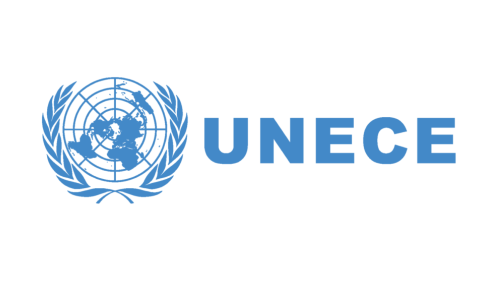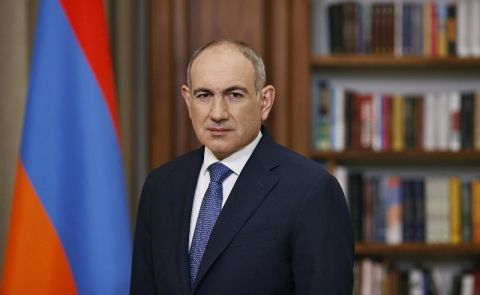
South Caucasus countries in the Travel and Tourism Competitiveness Index
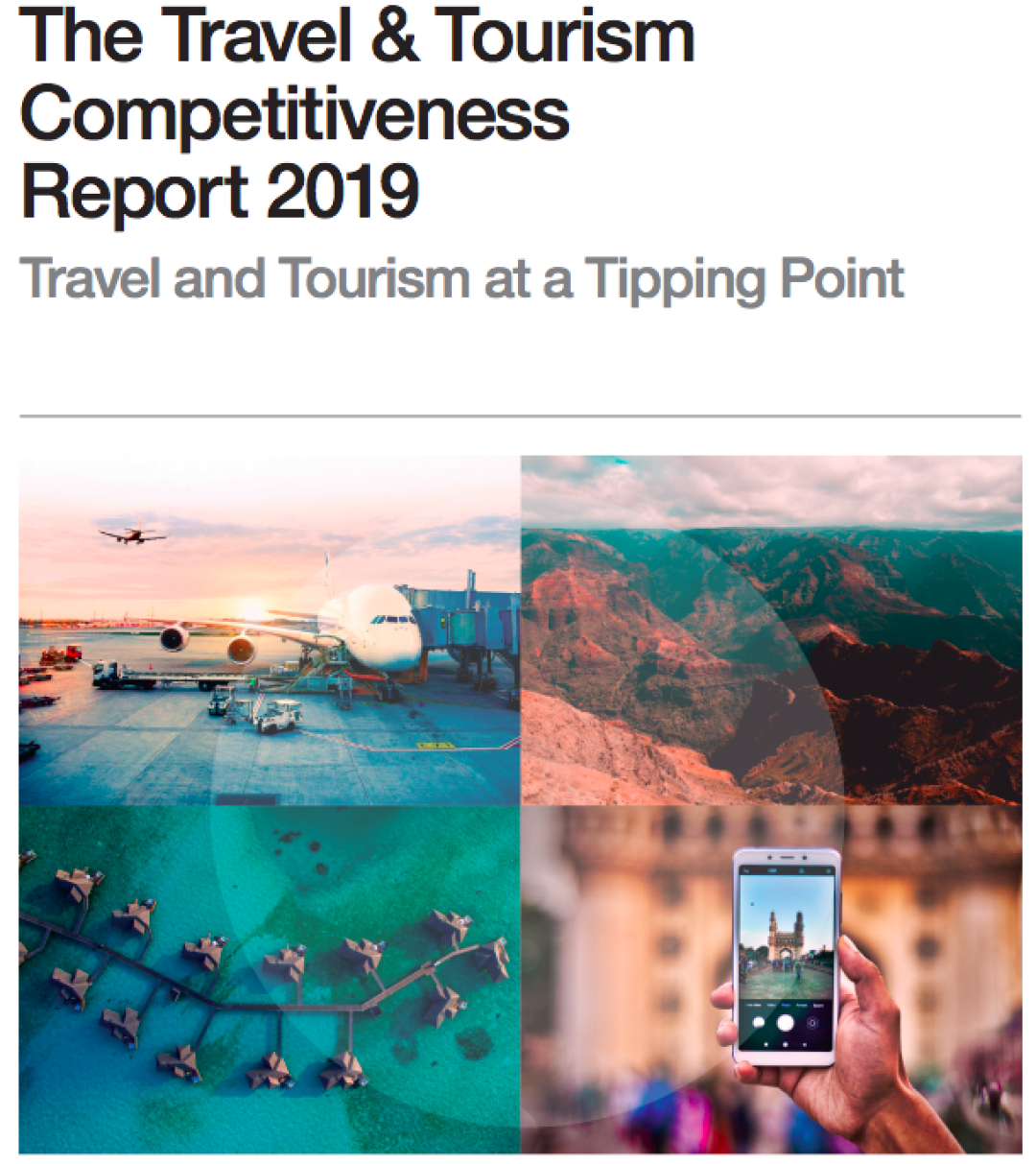
The World Economic Forum released their Travel and Tourism Competitiveness Index for 2019, evaluating the tourism dynamics in 141 states. Georgia holds the 68th (improving two ranks since 2017), Azerbaijan the 71st (same rank as 2017) and Armenia the 79th (improving 5 ranks then since 2017) place respectively.
The report provides unique insight into the strengths and areas of improvement for each country to enhance its industry competitiveness. The index is also a platform for multi-stakeholder dialogue at the country level, allowing them to formulate appropriate policies and actions. The Index uses 4 main sub indexes for the analytical framework, namely a good environment; travel and tourism policy and supporting conditions; infrastructure; and natural and cultural resources. Each of this sub indexes has its own group of variables and indicators.
According to the report, Eurasia is Europe’s least competitive—but most improved—subregion. Countries in the subregion typically score higher than the global average for pillars in the Enabling Environment subindex—in particular the Health and Hygiene indicators. However, Eurasia only outscores the European average in price competitiveness. In general, the subregion suffers from a lack of international openness, underdeveloped infrastructure and underutilized natural and cultural resources. Georgia earned the spot of showing the most improvement in the field of tourist service infrastructure amongst all the European countries for the period 2017-2019.
The World Economic Forum (WEF) is an International Organization for Public-Private Cooperation established in 1971 and headquartered in Geneva, Switzerland. The Forum strives in all its efforts to demonstrate entrepreneurship in the global public interest while upholding the highest standards of governance. The three main thematic areas of the WEF are mastering the fourth industrial revolution, solving the problems of the global commons, and addressing global security issues. Its activities include the building of awareness and co-operation, the shaping mindsets and agendas, and driving collective action.
See Also

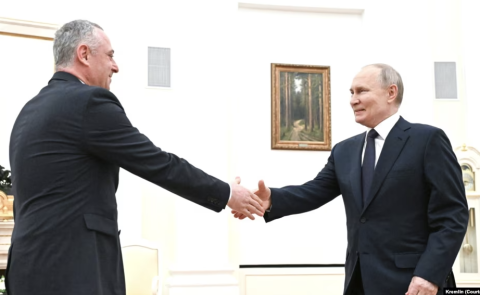
Abkhazia’s Separatist Leader Discusses Relations with Russia

CoE Commissioner Addresses the Georgian Government
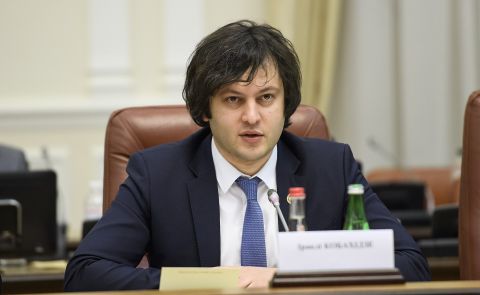
Kobakhidze Announces Plans to File Lawsuit to Ban the "Collective National Movement"
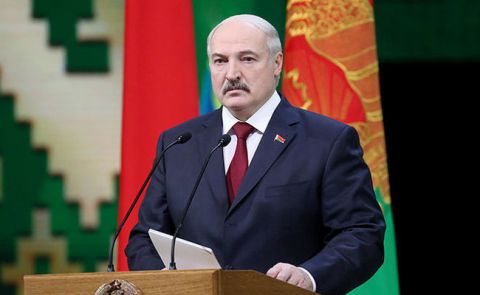
Belarus Affirms It Has Never Been an Adversary to Georgia
